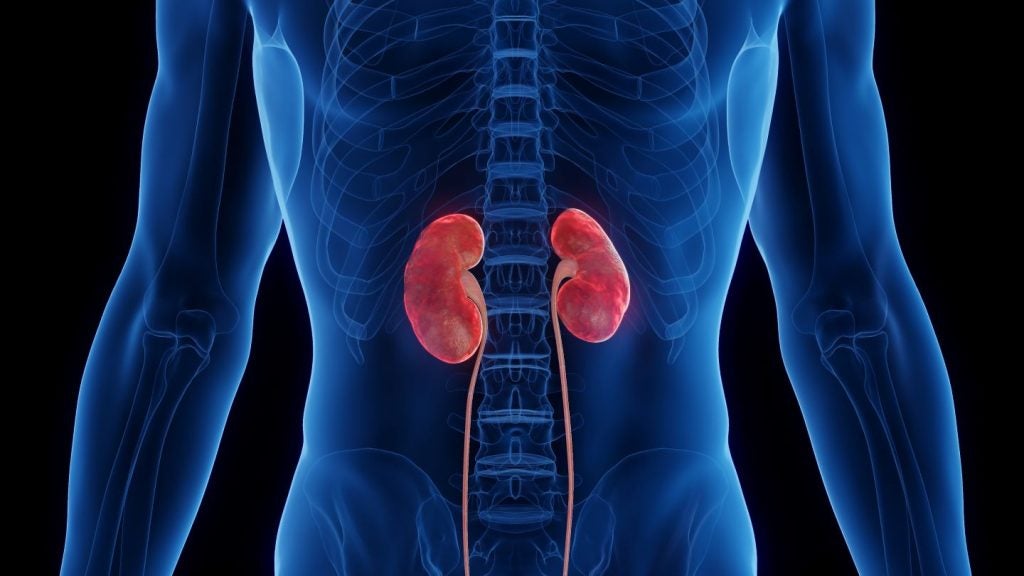
Apellis Pharmaceuticals and Swedish Orphan Biovitrum (Sobi) have reported positive top-line data from the Phase III PRINCE clinical trial of Empaveli (pegcetacoplan) in treatment naïve paroxysmal nocturnal haemoglobinuria (PNH) patients.
A rare blood disorder, PNH is caused by the loss of red blood cells that carry oxygen, due to extravascular and intravascular haemolysis.
Over time, low haemoglobin can cause debilitating symptoms such as severe fatigue, haemoglobinuria, and difficulty breathing.
Empaveli is the first therapy with approval to target C3, the vital protein in the complement cascade. The drug’s proximal action in the complement cascade regulates C3b-mediated extravascular haemolysis and terminal complement-mediated intravascular haemolysis.
In the US, the drug holds approval to treat PNH in adults.
The randomised, multi-centre, open-label PRINCE trial assessed the drug in 53 patients who did not receive a complement inhibitor within three months prior to the trial screening.
How well do you really know your competitors?
Access the most comprehensive Company Profiles on the market, powered by GlobalData. Save hours of research. Gain competitive edge.

Thank you!
Your download email will arrive shortly
Not ready to buy yet? Download a free sample
We are confident about the unique quality of our Company Profiles. However, we want you to make the most beneficial decision for your business, so we offer a free sample that you can download by submitting the below form
By GlobalDataIn the 26-week randomised, controlled period, participants were given 1,080mg Empaveli twice weekly or standard of care therapy, excluding complement inhibitors.
The Phase III trial’s primary objective was the efficacy and safety of the drug.
Compared to the standard of care, Empaveli showed statistical superiority on the co-primary endpoints of haemoglobin stabilisation and lactate dehydrogenase (LDH) decrease at week 26.
According to the top-line results, 86% of subjects on the drug demonstrated haemoglobin stabilisation versus 0% on the standard of care.
Empaveli led to a 90% reduction in mean LDH from baseline compared to 14% with standard of care therapy.
In addition, the drug demonstrated statistical superiority on various secondary endpoints, including improvements in haemoglobin levels and eliminating the need for transfusion, compared to standard of care.
The drug’s safety profile was observed to be consistent with prior data and the most common adverse events were injection site reaction, hypokalaemia and fever.
Apellis Pharmaceuticals chief medical officer Federico Grossi said: “The positive PRINCE data showed that Empaveli provided clinically meaningful improvements across multiple measures that are important for patients and build on our recent FDA approval of Empaveli in PNH.
“Combined with previous studies, these results emphasize the potential of Empaveli to provide disease control for all adults with PNH regardless of prior treatment.”
The PRINCE trial was performed in alliance with SFJ Pharmaceuticals, which supported the development of the drug in PNH.







